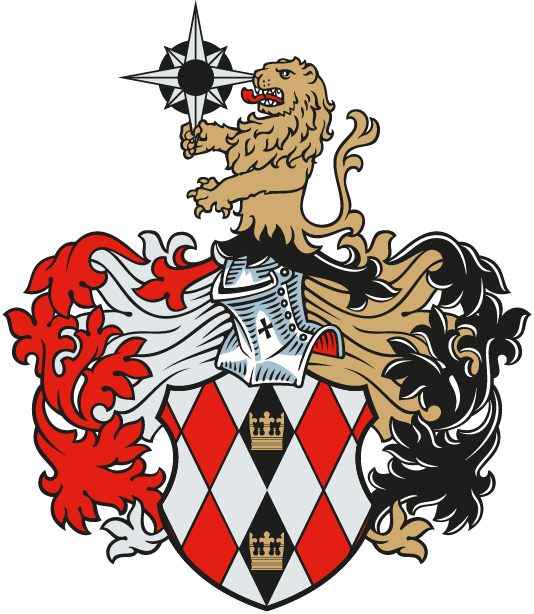

From the sands of Abu Dhabi to the steppes of Ashgabat, the UAE is extending its hand beyond borders. At the 3rd UN Conference on Landlocked Developing Countries, the Emirates positioned themselves as a strategic ally for nations cut off from the coast. With a strong call for global cooperation, climate resilience, and economic integration, they are shaping a new era of inclusive development diplomacy – where even a desert state can open up new paths to the sea.
Golden sunlight glints off the white marble buildings of Ashgabat. Inside a grand convention hall, the air hums with translation headsets and quiet anticipation. Delegates from 32 countries – all landlocked, all looking for a lifeline – have gathered to discuss their shared challenges. And in the middle of it all stands a delegation from a nation surrounded by ocean: the United Arab Emirates.
“We do not share the same geography,” UAE Assistant Minister for Development Affairs Sultan Al Shamsi begins, “but we share a common goal.” His words cut through the room like a desert breeze – surprising, warm, and full of promise. This is not charity, he insists, but partnership. The UAE is offering more than aid: it’s offering experience, technology, and access.
Landlocked developing countries face steep odds – from limited trade routes to climate vulnerability. The Ashgabat summit, the third of its kind under the UN, aims to change that. And the UAE is stepping in with bold intent: to help build infrastructure, enable sustainable transport corridors, and promote digital economies in regions long left behind.
Over coffee breaks and working groups, you hear buzzwords: economic corridors, smart logistics, green resilience. Delegates speak of the UAE’s outreach in Africa, its investments in infrastructure across Asia, its support for UN development goals. “We need more than words,” says a representative from Rwanda. “The UAE brings cables, concrete, and code.”
The Emirates are positioning themselves as a connector – a hub between landlocked ambition and global opportunity. And as landlocked countries look to the future, the desert state may well be the partner they never expected – but one they now truly need.
This diplomatic outreach has concrete value for real estate and infrastructure investors. As the UAE supports development corridors across Central Asia and Africa, opportunities emerge for logistics hubs, commercial zones, and residential projects along new trade routes. UAE-based developers and sovereign funds are already exploring industrial park ventures in Uzbekistan and Kazakhstan. Moreover, the Emirates’ role as a global connector reinforces their own domestic real estate appeal – positioning Dubai and Abu Dhabi as international headquarters for investors eyeing emerging markets.
